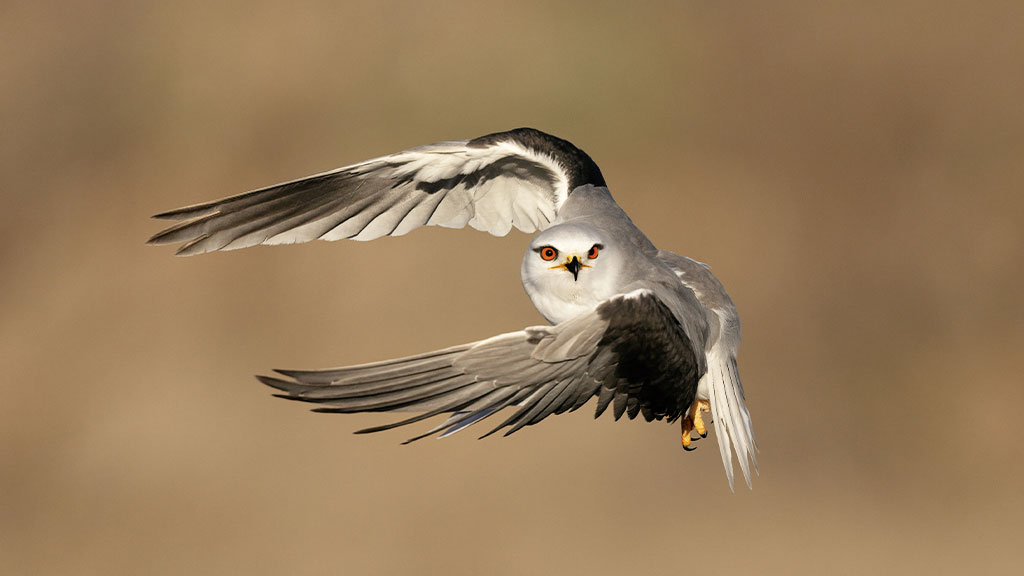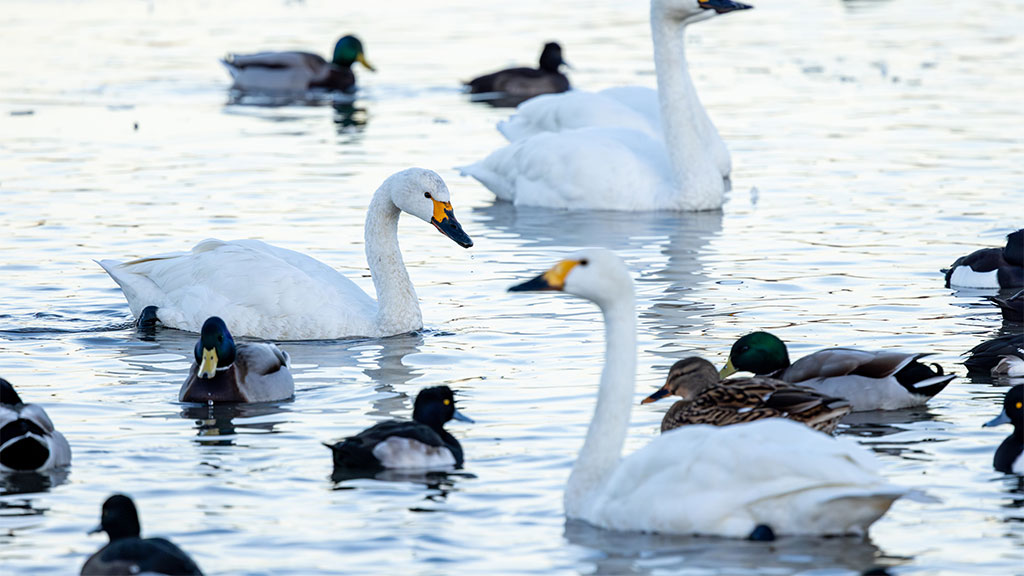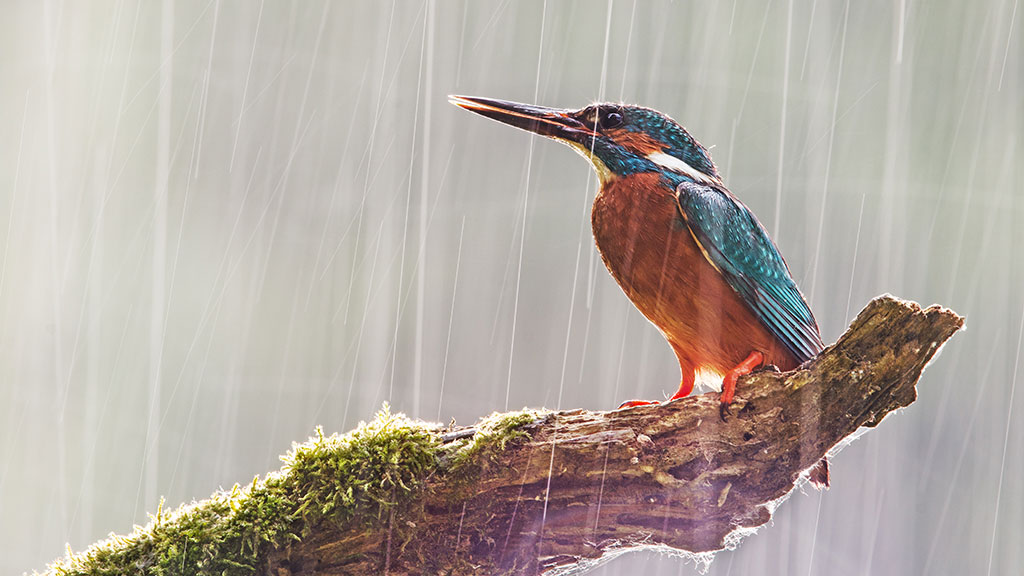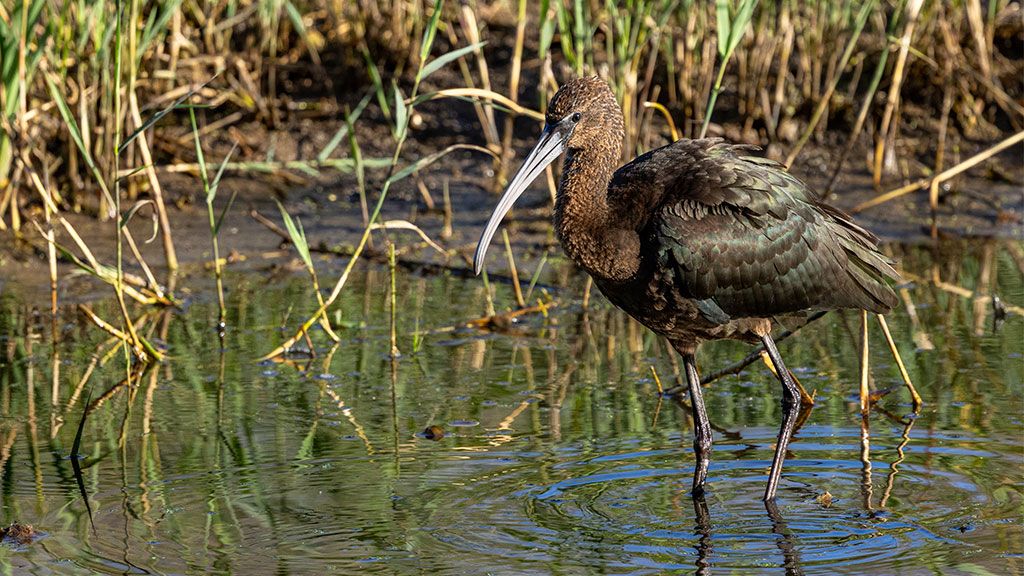Become a Junior Wetland Ranger
Ever wondered what it’s like to be a real wetland ranger? Join us this summer and find out.
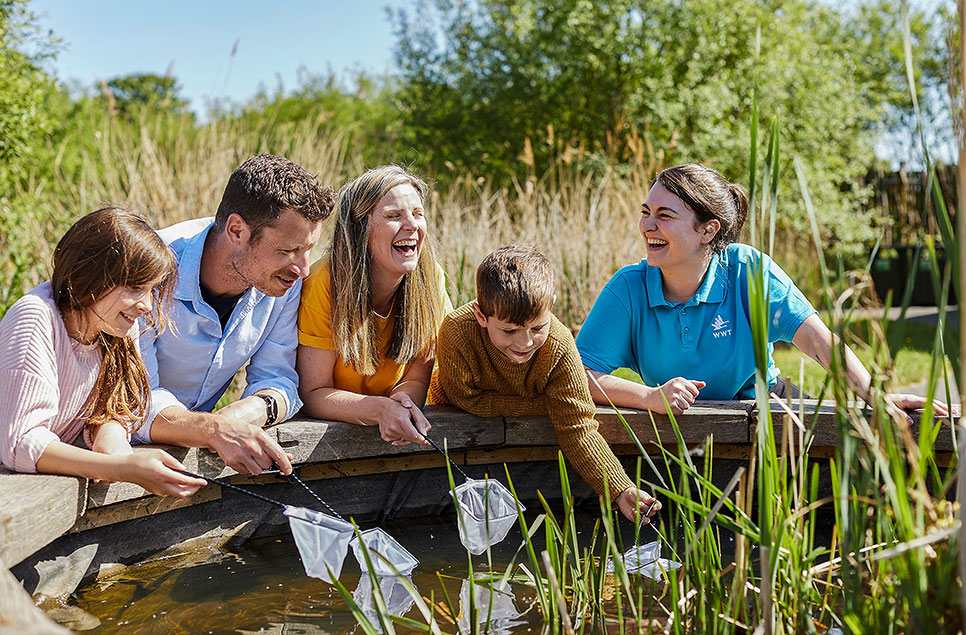
It’s a great way to spend your days, looking after all our lovely animals and birds, but it’s hard work too. Have you got what it takes? This summer at seven WWT wetland centres you can come and find out. As a Junior Wetland Ranger you’ll experience first-hand what it’s like to work with our animals and help us on our daily mission to save wetland nature.
Every day our rangers complete a long list of jobs to keep our animals healthy and happy. Magdalena Howitt, one of four rangers at WWT London, tells us a bit about her day.
I start my day early at 7am. The morning priorities are feeding the birds and doing the otters’ husbandry. We weigh our otters every Monday. Tod and Honey, our two Asian short clawed otters, are wonderful to work with. I love them! Aside from the weekly jobs, I carry out the daily routine. This includes cleaning the viewing glass and the otter holts, having a general tidy up and doing the daily food prep routine. The otters eat four times a day!
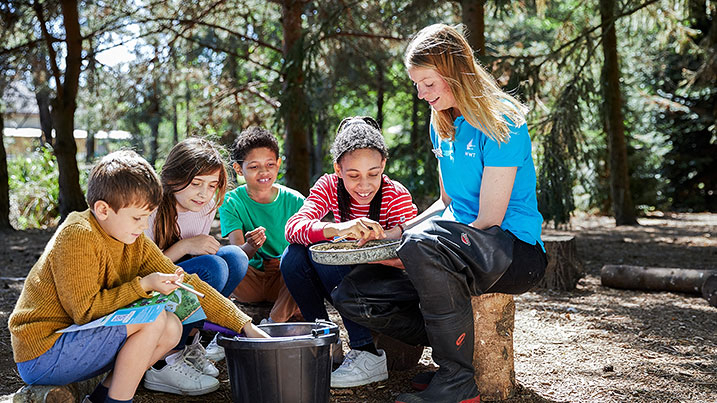
So as a Junior Wetland Ranger what can you do?
- Animal health checks - find out from our team how we keep our feathered friends safe and healthy and have a go at things like; how to weigh a goose, measure a swan and fun flamingo health check activities.
- Pond exploring – what fascinating underwater creatures will you uncover in our ponds? See how many different species you can identify.
- Moth mornings – get involved in our survey work and explore our moth traps with us to see amazing moths up close and learn about the different species attracted to the light overnight.
- Bird ringing – discover what leg rings are and why they’re important. Have a go at things like; how to measure, weigh and ring a bird or even make your own ‘ring round the birdie’.
- Bug hunts – discover amazing mini-beasts hidden in our wetlands.
- Animal tracking & discovery – learn and look for the special signs and clues left by wildlife.

Caring for our feathered friends
One of the most loved species at our centres are the flamingos. At WWT Slimbridge we have five different species to look after. Here, Phoebe Vaughan, one of the rangers in charge of their care, tells us what a typical day looks like.
The first hour of the day is made up of flock visits and checks, making sure all the birds are healthy and happy. We clean the various houses and matting using high powered pressure washers. We make sure that the water in their exhibits is the perfect level for them to feed, we skim feathers from drains, moisten nest islands, and check that nothing dangerous has fallen into their exhibit. When we feed them we watch the birds to see what they need. The Chilean and Caribbean flamingos are fed in the late afternoon so that they can eat all night. The lesser flamingos, the Andeans and our one and only James’ flamingo get a morning and evening feed, but the greater flamingos are offered food all day long. Often it’s the weather forecast that defines how we manage the flocks day-to-day. Some of the houses block northerly winds, others south westerly and some water bodies freeze easier than others. As with all bird keepers, because we can't talk to our birds, we have to learn to read them and that's a real skill with some of our flocks.
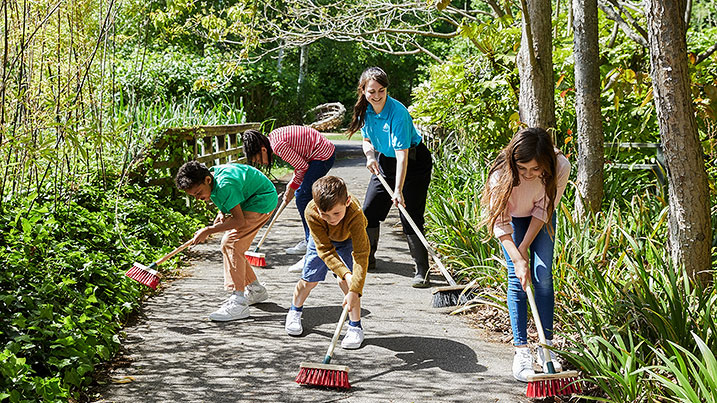
Phew! It sounds like a busy day. As a Junior Wetland Ranger you can become a ‘health check hero’ too. At WWT Washington get hands-on with otter and flamingo toys to perform a health check on these awesome animals. At WWT Arundel Wetland Centre weigh-up your skills and find out what it’s like to hold a swan with the chance to measure and weigh a life-size fabric swan. Also enjoy a fun flamingo health check at WWT Martin Mere.
You can see our fabulous flamingos at WWT Slimbridge, WWT Washington and WWT Martin Mere. At WWT Llanelli see the flamboyant Caribbean flamingos next to ‘Flavia the flamingo’, one of 15 GIANT LEGO brick models that form a LEGO Brick Wetland Safari.
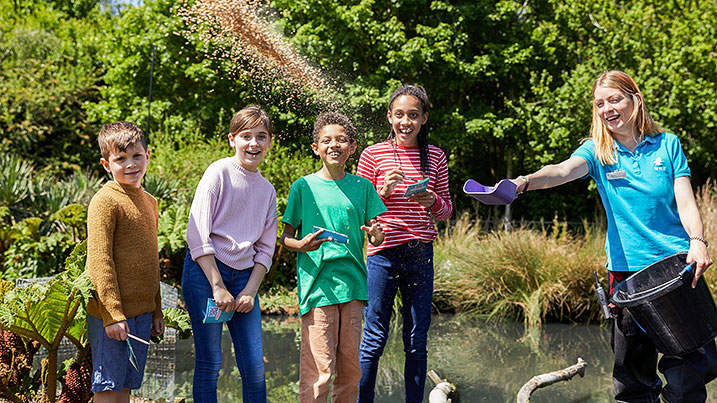
Are you up to the challenge?
Looking after animals involves poo. Often quite a lot of it! Our rangers will tell you that their stinkiest job is picking up otter poo. Otters often poo in piles in the same place (called otter latrines). Sometimes rangers collect poo samples to send off to the vet – you can tell a lot from an animal’s poo and it’s one of the best ways to check the otters are healthy.
At WWT London you can join Top Trainer Sam Feather and Rookie Ranger Charlie Beak to test your mess cleaning skills (we promise it won’t involve poo) as part of NEW daily interactive role play sessions. Pop on a ‘ranger vest’, grab a mini broom and see if you’re up to the task! And don’t miss our role play area at WWT Castle Espie to have a go at ranger activities. The little ones will love getting hands-on with the mini shovels, brushes and wheelbarrows.
Don’t forget to share the best bits with us, using #wetlandrangers
Plan your visit
Find the nearest Junior Wetland Ranger event to you and have a wild adventure this summer. Not a member? Book online and save time on arrival. Visit us, and if you decide to become a member and enjoy great events and experiences all year round, your admission cost will be deducted from the membership price. Activities and dates may vary by centre.
Find out more